A second passport gives you powers like travel rights, banking freedom, and tax perks when the establishment wants to take them away.
For the first time, average Americans like you and me have access to this elite world reserved for billionaires, diplomats, and James Bond.
In this quick guide, you’ll learn the six smartest, fastest paths to a second passport – through descent, investment, marriage, residency, and even a path almost no one knows exists.
Or watch the video here instead:
1. Second Citizenship by Descent (Jus Sanguinis)
Let’s start with one of the most overlooked and underrated paths to second citizenship (you might already qualify): Citizenship by Descent.
This method is rooted in the principle of jus sanguinis (Latin for “right of blood”), and it allows you to get a second citizenship through your ancestry. If your parents, grandparents, or even great-grandparents were born in certain countries, you may be eligible for their citizenship – even if you don’t speak the local language or have never set foot there.
What Makes Citizenship by Descent Unique
- Low cost — No investment required, just paperwork and legal/processing fees.
- Fast track — In many cases, there’s no residency requirement or language test.
- Access — You’ll receive the same rights as any other citizen of that country, including healthcare, education, and the right to live and work in the country and potentially across the entire region (e.g. Irish citizenship allows you rights across the whole European Union).
For Americans, this often means citizenship in places like:
- Italy
- Ireland — One Irish-born grandparent is enough to qualify.
- Poland, Hungary, Greece, Lithuania, and others — Each with its own timeline, documents, and eligibility quirks.
If you’ve ever heard a family story that “Grandpa came from Naples” or “We had an Irish great-grandmother,” that’s your cue to dig deeper. This path to second citizenship just requires documentation: birth certificates, marriage records, immigration papers, maybe even old ship manifests. You’ll need to track down these documents, translate them, legalize them, and navigate consulates.
But the Freedom Files can help. Most Americans have no idea they might be eligible for a European passport. This is something we help people uncover every day through just one consultation.
It’s also one of the only routes where citizenship can pass down automatically to your children – giving your future generations permanent access to international opportunities.
If your roots don’t tie back to any qualifying country, don’t worry. The next method doesn’t care where your grandparents were from – only where you or your children were born.

2. Second Citizenship by Birth (Jus Soli)
This is the form of citizenship most Americans know best because it’s a constitutional right in the United States. But it’s surprisingly rare worldwide.
Citizenship by Birth, or jus soli (Latin for “right of soil”), grants automatic nationality to anyone born within a country’s borders, regardless of the citizenship of their parents.
What Makes Citizenship by Birth Unique
- Automatic — You become a citizen the moment you’re born, no applications or paperwork required. Depending on the country’s legislation, parents may also be eligible after a short period of required residency.
- Inclusive — No prior ancestry or family connection required.
While jus sanguinis is the global norm, only about 30 countries (predominantly in North and South America) still recognize unconditional birthright citizenship, including:
- United States
- Canada
- Mexico
- Argentina
- Brazil
- Uruguay
This means if your child is born on Mexican soil, even while you’re on a tourist visa, they’re a Mexican citizen for life. The same is true for Canada and many countries in Latin America.
For Americans looking to build dual nationality for their children, giving birth in a jus soli country is a strategic move. Be sure to understand the country’s immigration stance and ensure you’re not violating visa or medical system rules before traveling though.
Citizenship by birth is one of the fastest and cleanest paths to dual nationality, especially for your kids.
If you missed this window personally, don’t worry. The next path to second citizenship is open to everyone, regardless of birthplace or bloodline.
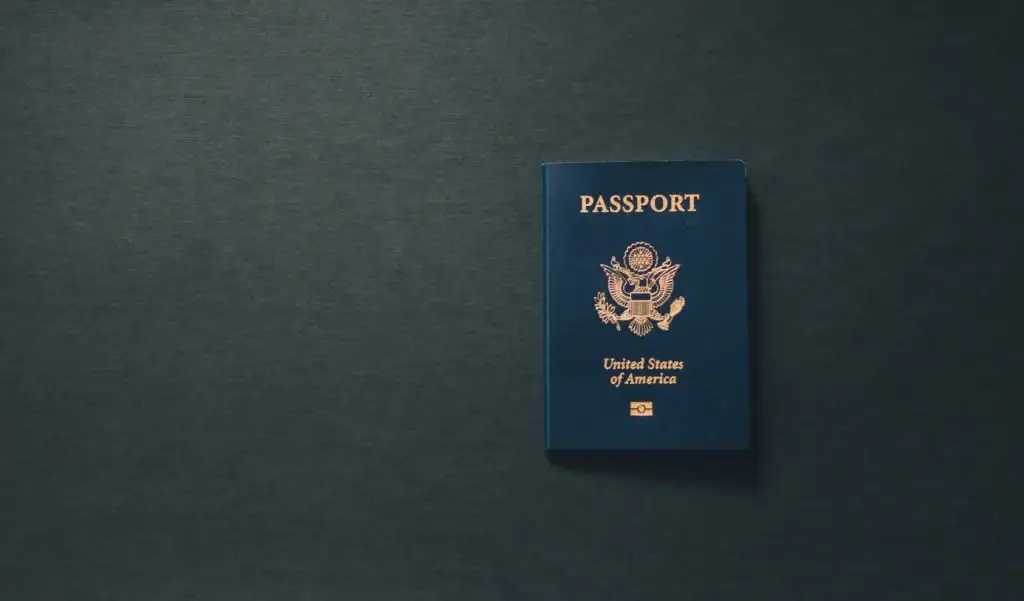
3. Second Citizenship by Naturalization or Residency
For many people, this route to a second citizenship may be the most realistic one: Citizenship by Naturalization allows you to acquire a second citizenship by legally living in another country long enough to qualify.
In most cases, this means becoming a temporary resident, then a permanent resident, and eventually applying for citizenship after meeting some other requirements, such as a minimum residency period, local language skills, and other integration obligations.
Some countries offer a shorter timeline for “preferred nationalities,” expedited naturalization periods for those from particular countries of origin.
What Makes Citizenship by Naturalization or Residency Unique
- Accessible — Available to anyone who’s willing to live in the country legally and follow the rules.
- Flexible — Comes in many forms: Retirement visas, digital nomad visas, skilled worker programs, or student stays.
- Permanent — Once naturalized, your citizenship is lifelong and can be passed on to future generations.
Every country sets its own timeline and terms, but here are some examples:
- Argentina — 2 years
- Uruguay — 3–5 years, depending on your family situation
- Mexico — 5 years, or 2 years if married to a Mexican
- Portugal — 5 years of legal residence
- Spain — 10 years (but only 2 years for Latin Americans and Filipinos)
Unlike descent or birthright, naturalization requires real presence and effort. That often means:
- Learning the language
- Proving economic self-sufficiency
- Passing an integration or civics test
- Showing clean criminal records
For expats, retirees, and remote workers looking for long-term stability abroad, this path is often the most flexible, affordable, and legally secure option to obtain second citizenship.
And if you’re not interested in waiting years, there are still faster routes. The next option offers second citizenship in months, not years.
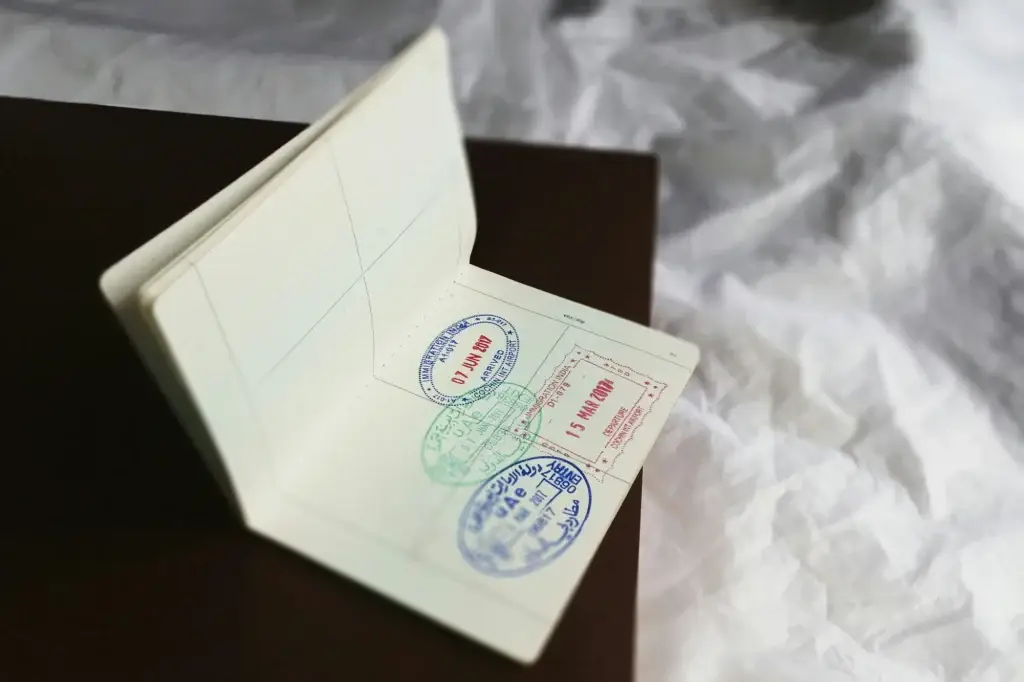
4. Second Citizenship by Investment (CBI)
If you’re short on time but not on capital, Citizenship by investment (CBI) is the fastest legal route to second citizenship. Up to twenty countries allow you to get citizenship in a matter of months by making a qualifying financial investment – usually a government donation, real estate purchase, or investment in local businesses.
Citizenship by investment is not a backdoor deal. These are official, government-backed programs, and they’ve become increasingly popular among entrepreneurs, investors, and high-net-worth individuals looking for financial, geographic, and political diversification.
What Makes Citizenship by Investment Unique
- Speed — Some programs process applications in as little as 3-6 months.
- Convenience — No need to live in the country before or after you apply.
- Strategic — Offers citizenship on par with ordinary citizens of that country and many benefits, such as global mobility, asset protection, and a second home.
Here are some of the most well-known Citizenship by Investment programs:
- Antigua & Barbuda — From US$200,000 contribution or US$250,000 real estate investment
- El Salvador — From US$1,000,000 donation in Bitcoin or USDT
- Grenada — From US$200,000 donation, with visa-free access to China and E-2 treaty eligibility with the US
- Turkey — From US$400,000 property purchase
- St. Kitts & Nevis — From US$250,000 contribution to the Sustainable Island State Fund
The Freedom Files international relocation experts can dissect your circumstances and identify the best investment opportunities for you and your goals.
But while CBI programs offer speed and convenience, they can come with some tradeoffs:
- Cost — Between government fees, due diligence, legal fees, and donations or property costs, expect at least a six-figure minimum investment.
- Benefits analysis — Not all passports are created equal. Some CBI programs have limited benefits relative to your current citizenship.
- Scrutiny — While these are legal programs, many governments have started to scrutinize the “transactional” nature of citizenship by investment.
If you’re looking for speed and flexibility, CBI may be your best bet. But for those not ready to spend six figures, the next path offers a more human – and more romantic – approach.
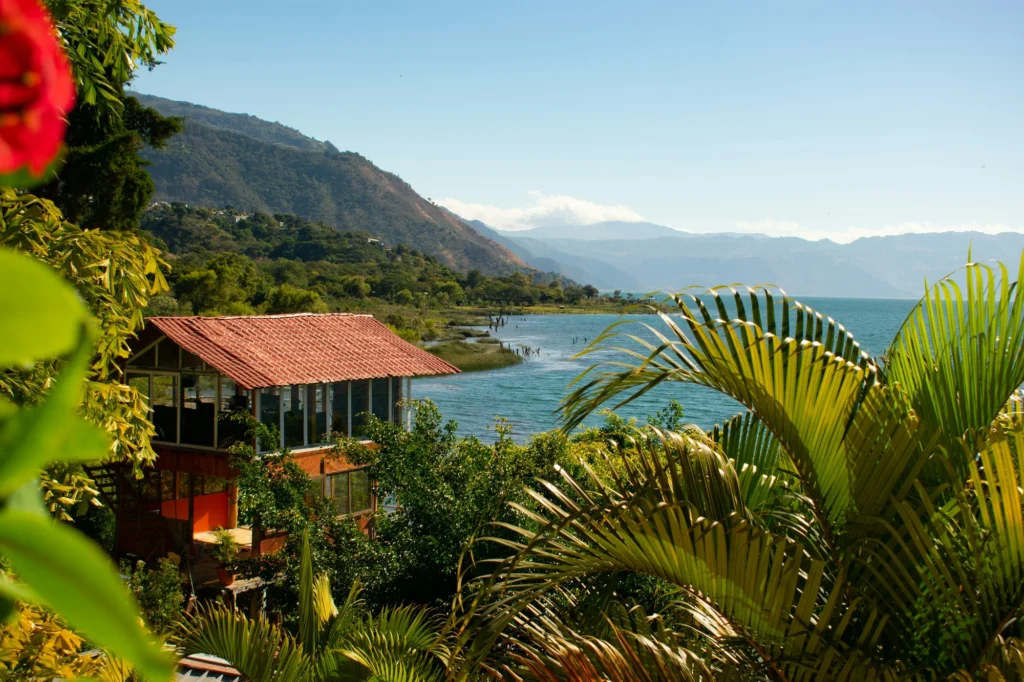
5. Second Citizenship by Marriage
Second citizenship by marriage is one of the most straightforward paths to dual nationality. While timelines and requirements vary, many jurisdictions allow you to apply for naturalization faster and with fewer restrictions if you’re legally married to a citizen of their country.
In most cases, all you need is a marriage certificate and a real, provable relationship.
What Makes Citizenship by Marriage Unique
- Faster timeline than normal naturalization — Most countries offer accelerated naturalization for foreign spouses.
- Lower barriers — Residency requirements, language tests, or income thresholds are often relaxed.
- Accessible — No investment, ancestry, or birthright required.
Here are a few examples of what the process looks like:
- Brazil — Citizenship in as little as 1 year if married to a Brazilian and living there
- Spain — Citizenship after 1 year of marriage and residency
- Argentina — Often allows spouses to apply after just 2 years of living in-country
- Mexico — Citizenship after 2 years of marriage and residency
- Portugal — Citizenship after 3 years of marriage, even without living there full time
Important Considerations
While this path is widely accessible, immigration officials know that it’s been abused in the past. You’ll need to prove:
- Cohabitation
- A genuine relationship (not just a paper “green card” marriage)
- Joint finances, travel history, or other evidence of a life together
Some countries still require you to spend time on the ground, even if you’re married to a citizen. Even so, naturalization by marriage is often cheaper, faster, and less complicated than traditional naturalization or investment routes.
The final path to dual nationality is rare, but not impossible. Some people qualify for second citizenship simply by being themselves.
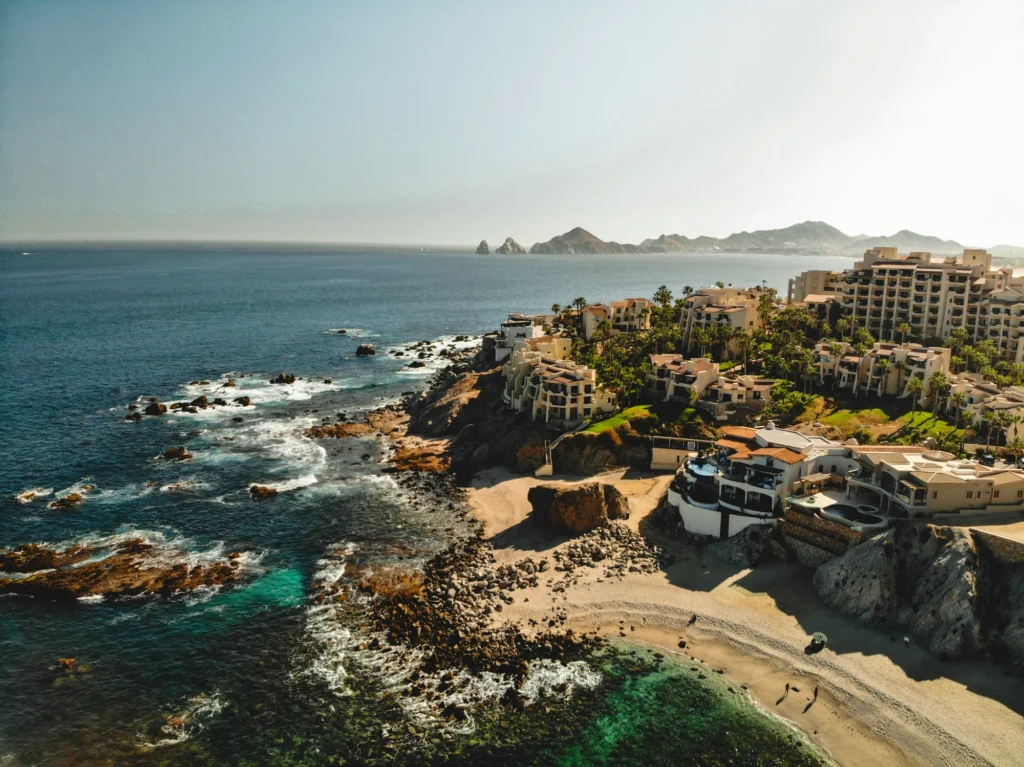
6. Second Citizenship by Exception
This final path to second citizenship isn’t common, but it could be life-changing. If you’ve shown extraordinary contributions, unique value, or strategic benefit to the country in question, the government may grant you citizenship by exception on a discretionary basis.
Tom Hanks is a citizen of Greece. Peter Thiel of New Zealand. The co-founder of Facebook in Singapore. And Steven Segal of the Russian Federation. Several governments have granted passports to scientists, authors, athletes, and entrepreneurs who brought in major investment, built local businesses, or generated international goodwill for their population.
What Makes Citizenship by Exception Unique
- Discretionary — No formal program or standardized process.
- Rare — Usually limited to high-profile or high-impact individuals.
- Powerful — Citizenship is often granted quickly and with waived requirements.
Could You Qualify for Citizenship by Exception?
While you don’t need to be famous, you do need to offer something meaningful, timely, or strategically valuable. That could include:
- Launching a major business that creates several local jobs
- Earning international recognition in a field that reflects well on the host country
- Offering diplomatic, political, or cultural influence
If you think you might qualify, this path will require direct negotiation or high-level legal representation. There’s no simple application for this route to dual nationality. The Freedom Files can help you explore whether you qualify.
For most people, the five other methods above will be more viable. But for a select few, second citizenship by exception is the final, hard-earned route to a second passport.
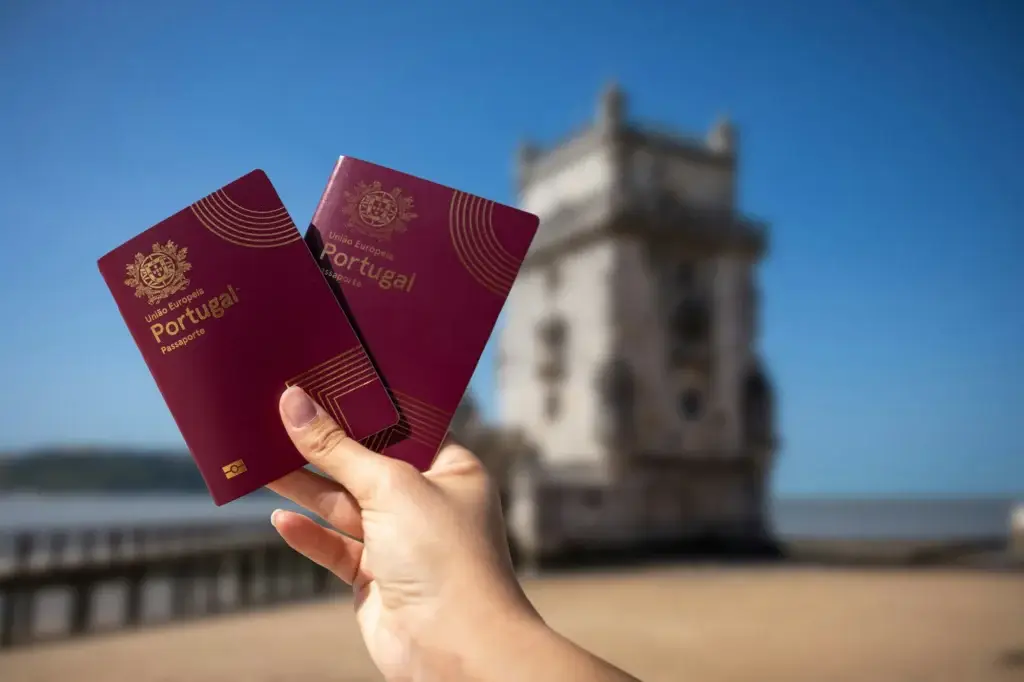
Passports are power. The power to leave, power to stay, power to choose when others cannot. You now know six legal ways to accumulate that power.
Some are fast. Some are free. Some are surprisingly simple. But all of them work.
And when the world feels more volatile and uneasy than ever, having a second passport is about options. And those who have options rarely regret them.
If you want help choosing the right path, this is exactly what we do. Book a call with us or grab our free guide to learn more about your options overseas.


